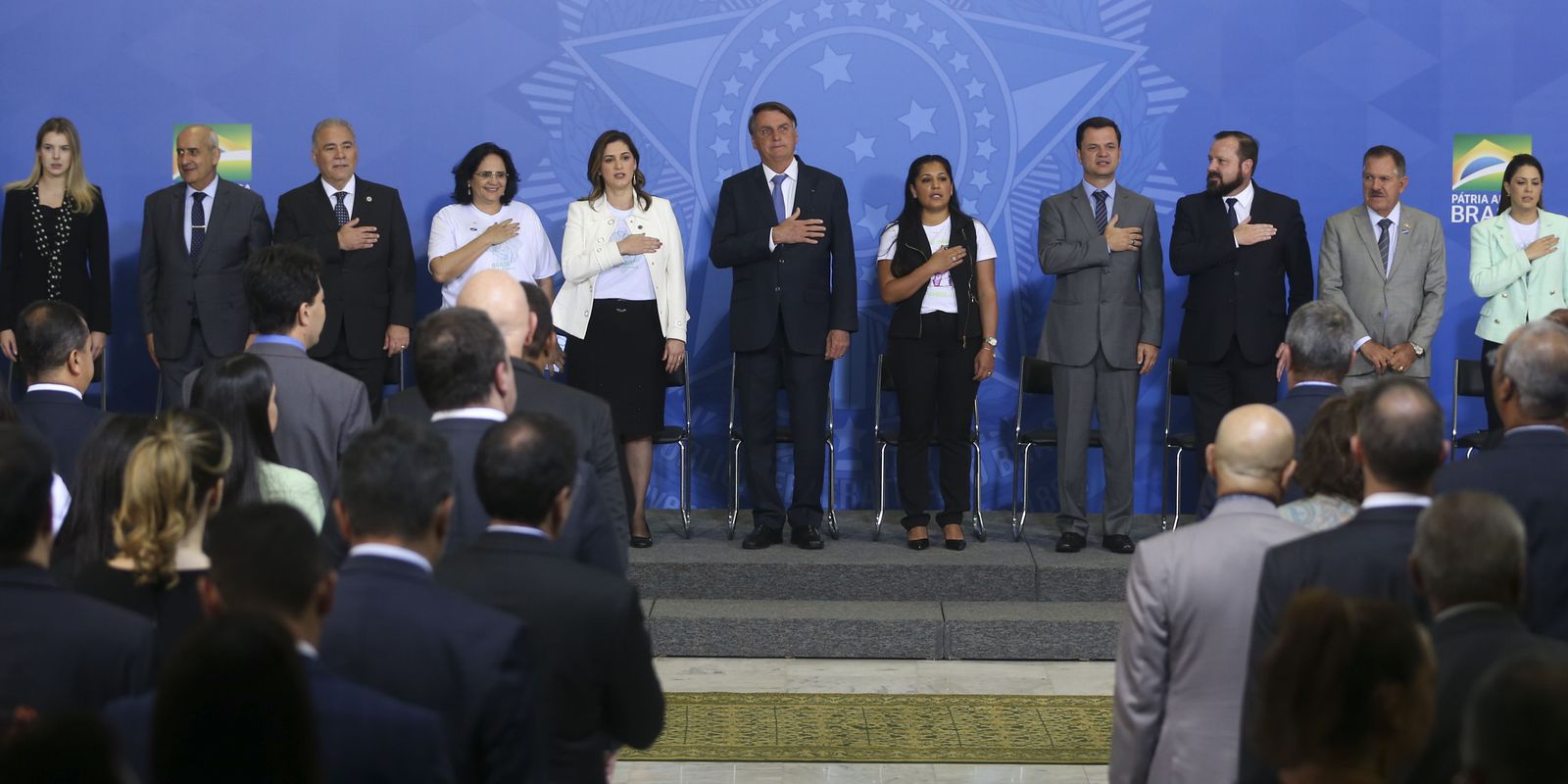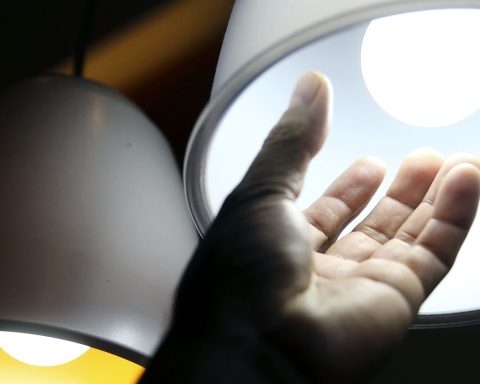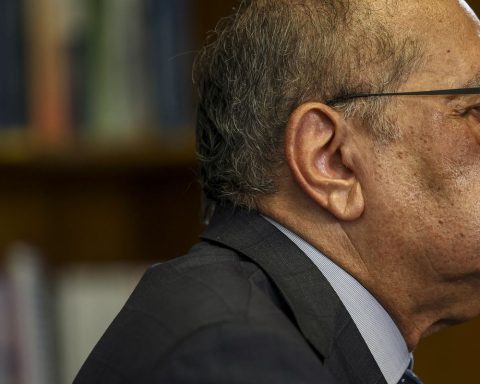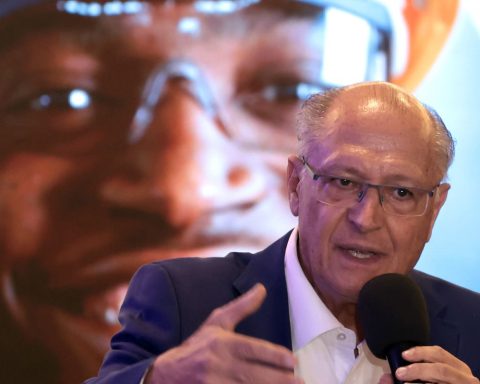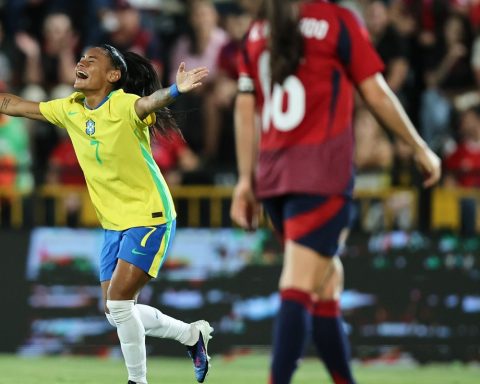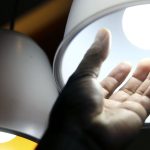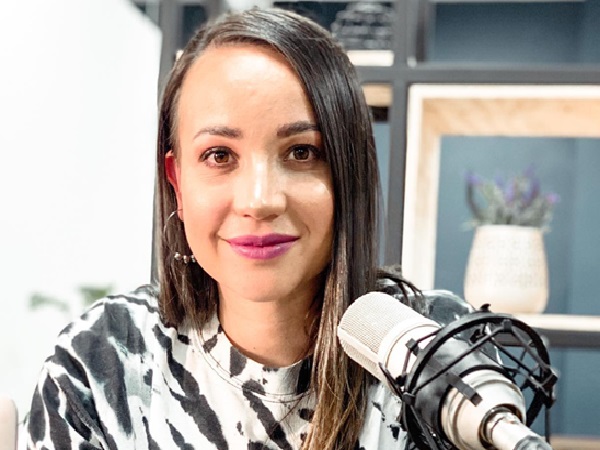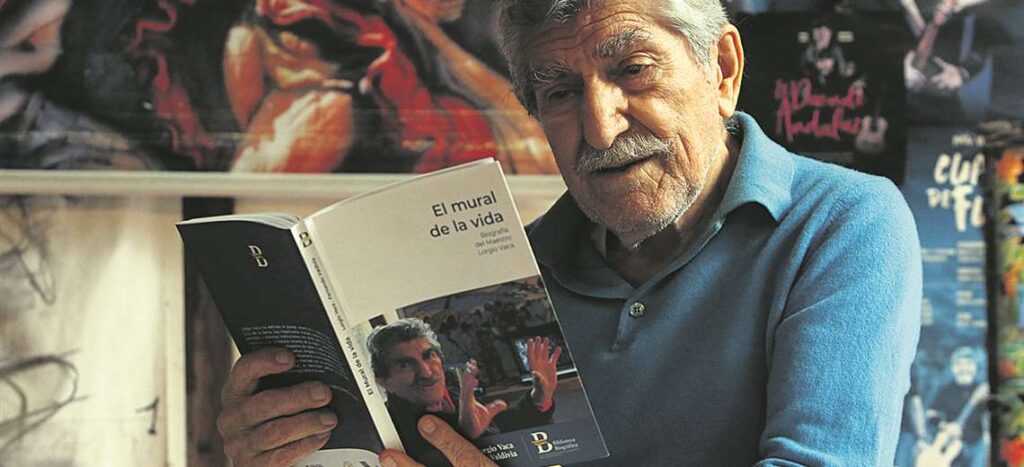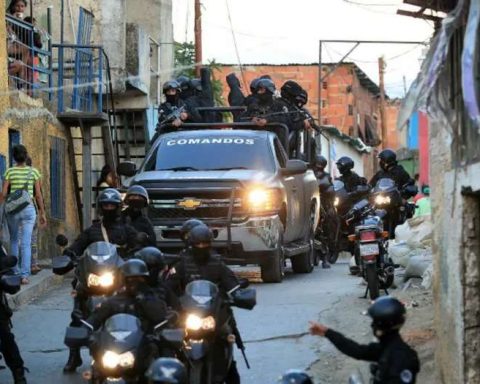The Ministry of Women, Family and Human Rights presented this Tuesday (7th) the course Casar é Legal, a training course for people who wish to obtain information about civil marriage. The launch took place during an event at Palácio do Planalto, with the presence of President Jair Bolsonaro, to talk about actions aimed at women and the family.
“The family is an intangible asset and must be protected by the State. This is provided for in the Universal Declaration of Human Rights and in our Constitution”, stated Minister Cristiane Britto.
The course is aimed at single engaged, married only in religious and people in a stable union. According to the ministry, the training lasts 10 hours and consists of seven units, which address topics such as property regime, rights and duties of spouses, marriage procedures, prevention and confrontation of domestic violence and forms of marriage dissolution.
The digital course is available on the portal National Family School, and includes a booklet. The material will also be distributed in all civil registry offices in the country.
rare families
The course on Rare Families and Atypical Mothers was also launched during the ceremony. Developed by the National Secretariat for the Rights of Persons with Disabilities, with a workload of 30 hours, the training is free and has open for subscriptions.
According to the government, the action addresses the needs and confrontations experienced by the rare disease community and their families. Interested parties will be introduced to topics such as: home care; challenges and coping strategies; welcoming, inclusion and successful experiences; rights to affirm motherhood as a difference; and rights related to the recognition of atypical children and adolescents.
Exposure
The government also launched the exhibition Um Olhar Raro this Tuesday to give visibility to the challenges of families of people with rare diseases. The exhibition is open on the ground floor of the Planalto Palace until the 8th of July.
Visitors will be able to see a series of pictures of atypical mothers in puzzle format, displayed on 11 artistic totems. The initiative is from the National Volunteering Incentive Program (Pátria Voluntária), in partnership with the National Secretariat for the Rights of Persons with Disabilities.
